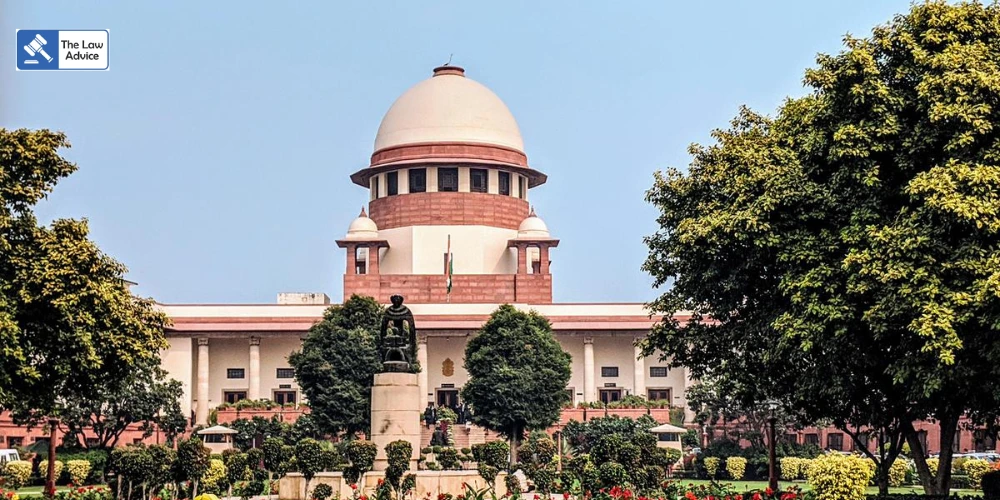The Supreme Court of India has expressed serious concern over the recurring trend of foreign nationals accused in criminal cases absconding after securing bail and leaving the country. The Court, while disposing of a bail cancellation matter involving a Nigerian national, observed that the Union Government may consider formulating a comprehensive policy framework to ensure such instances do not undermine the criminal justice system.
A bench comprising Justice Dipankar Datta and Justice A.G. Masih was hearing a plea arising from a cyber fraud case registered in Jharkhand. The accused, a Nigerian citizen, was booked in 2019 under Sections 419, 420, 467, 468, 471, 120B of the Indian Penal Code (IPC) and Section 66D of the Information Technology Act, 2000.
The Jharkhand High Court had granted him bail on May 13, 2022, but he later flouted bail conditions and fled to Nigeria, rendering the ongoing proceedings ineffective. The State of Jharkhand then approached the Supreme Court seeking cancellation of his bail.
In November 2024, the apex court flagged its concern about the growing number of foreign nationals involved in criminal cases—especially in matters of cybercrime and financial fraud—jumping bail and disappearing. The Court observed that in the absence of a clear statutory procedure or policy, Indian authorities were often left helpless, particularly when the accused returned to countries with which India lacked extradition treaties.
Subsequently, the Union Government apprised the Court that guidelines already existed under a Ministry of Home Affairs circular dated 04.12.2019, relating to:
• Investigation abroad in criminal matters,
• Issuance of Letters Rogatory (LRs) / Mutual Legal Assistance (MLA) requests, and
• Service of summons/notices/judicial documents in foreign jurisdictions.
The Court, however, emphasized that such broad guidelines did not address the specific issue of bail jumping by foreign nationals, and insisted on stronger mechanisms to prevent abuse of judicial process.
In December 2024, the Court formally cancelled the bail granted by the Jharkhand High Court, directing the Union and the State to explore all available options to bring the accused back to face trial.
On August 26, 2025, the Union informed the bench that the Ministry of External Affairs had sent a communication to the High Commission of India in Abuja, Nigeria, seeking cooperation under the principle of “Assurance of Reciprocity.” However, since there is no bilateral extradition treaty between India and Nigeria, the chances of extraditing the accused remained minimal.
Recognizing the diplomatic limitations, the Supreme Court finally disposed of the matter, while making an important observation:
The Union Government is free to formulate an appropriate policy or initiate further measures to ensure that foreign nationals accused of crimes in India cannot escape trial by absconding abroad after being granted bail.
The Court underlined that such policy was critical to safeguard the integrity of India’s criminal justice system, especially in the face of rising transnational crimes.
Case Title: The State of Jharkhand vs. Alex David @ M.U. Henry & Anr.
SLP(Crl) No(s). 8629/2022
Bench: Justice Dipankar Datta and Justice A.G. Masih
